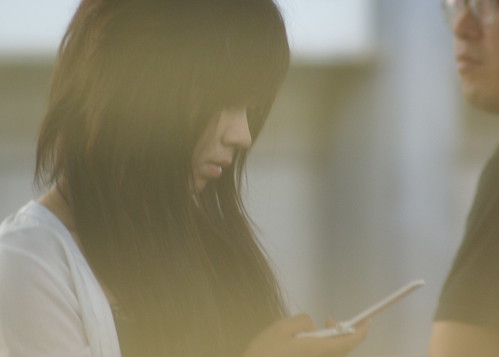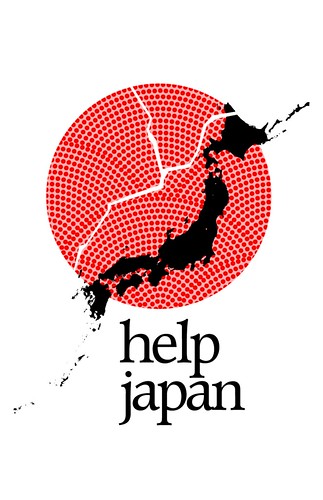Digital Media during a Disaster- Technology during the Japan Tragedy
The devastating earthquake, tsunami, and nuclear disasters in Japan highlight the emerging importance of social media, mobile, and other new disaster response tools in a changing world. These tools warned citizens of impending danger, updated them as it happened, and continue to help the world stay abreast to updates and unite in support for the affected areas.

BEFORE:
-Japan’s three major mobile phone carriers issued an immediate broadcast message linked to the Japan Meteorological Agency’s (JMA) Earthquake Early Warning (EEW) system. These
warnings gave people between 10 to 30 seconds to react and prepare, a small but potentially life saving amount of time.
DURING:
-Twitter and Facebook were key players in rescue operations. These sites were instant salvation that reunited separated and worried family members during the after-effects.

-When cell service collapsed, social networks and Skype proved crucial to connecting effected citizens.
-Relief organizations syndicated information about emergency contacts and shelter locations via online media.
AFTER:
-In the wake of the disasters, the world congregated on Facebook, Twitter, and Mixi to support friends, family, and anyone affected by the events. Statuses uplifted a country in need and supportive hash tags such as #prayforjapan #Fukushima and #tsunami quickly topped the trending charts.
-The viral spread of social media messages allowed the Red Cross to receive an unprecedented number of donations via SMS messages to the 90999 short code for simple and instant $10 donations to the relief effort.
NOW:
-Google teamed up with the Red Cross to develop the Person Finder 2011 Japan Earthquake App, which is currently enabling real-time victim status forums.
-QR codes are being used in cemeteries throughout Japan at grave markers to share victim information and unite mourners.
-Social media and digital technologies continue to support victims and spread the word for donations, facilitate relief efforts, and comfort a nation in need.
There are many critics who seem to depict social networks and cell phones as privacy violators, mind-numbers, and youth corrupters. Despite all the criticisms, there are also plenty of reasons to be thankful for these sometimes life-saving communication tools.